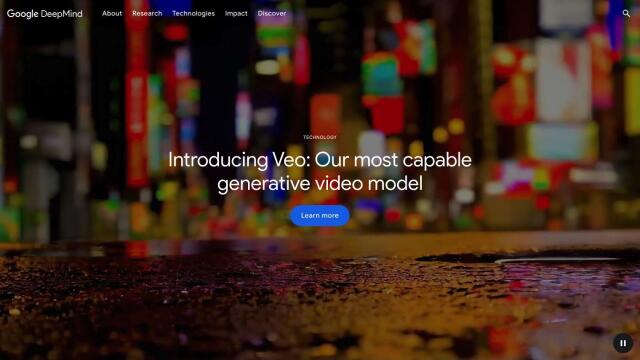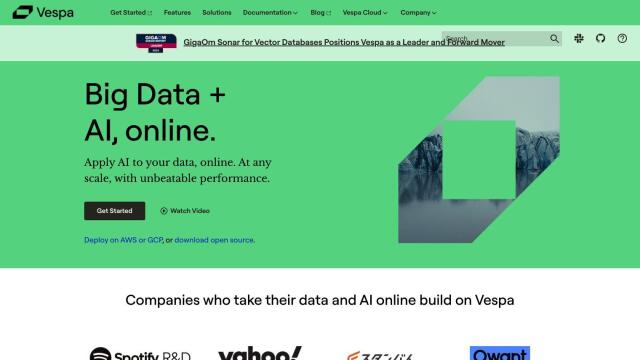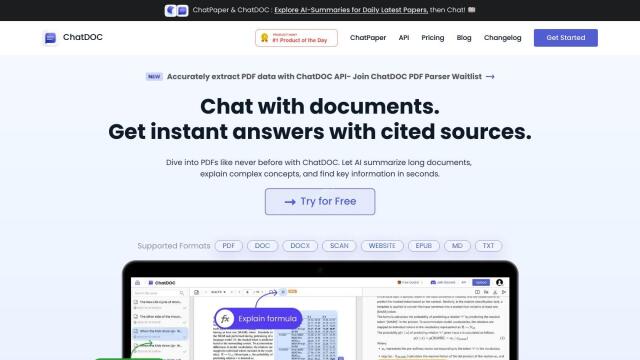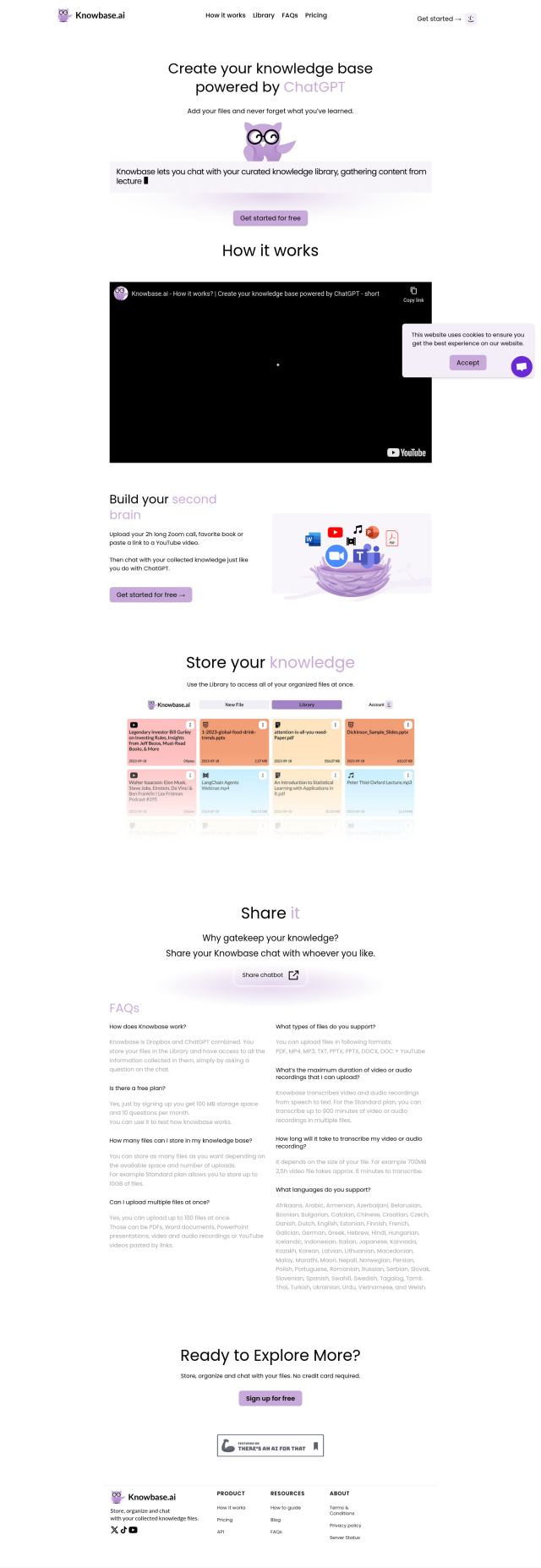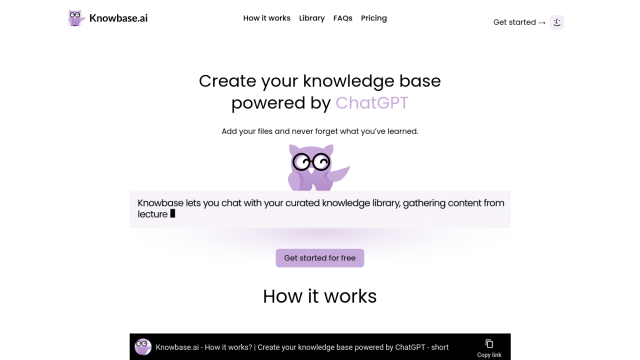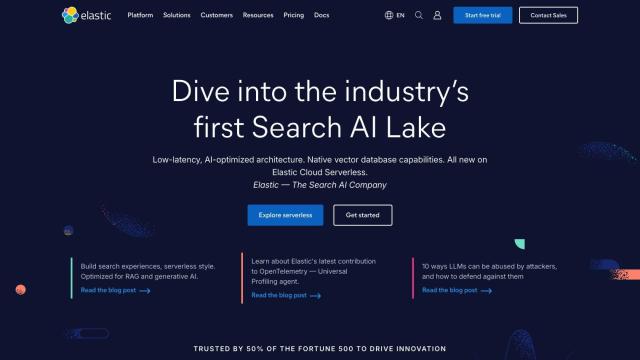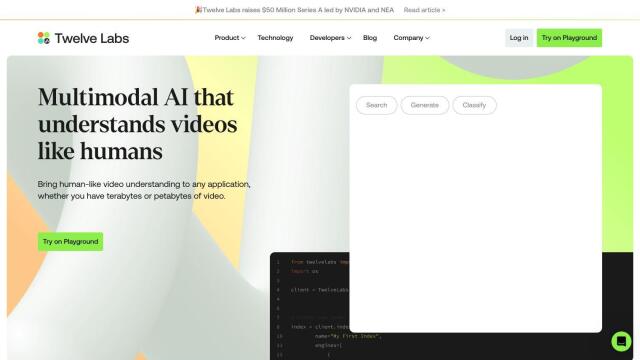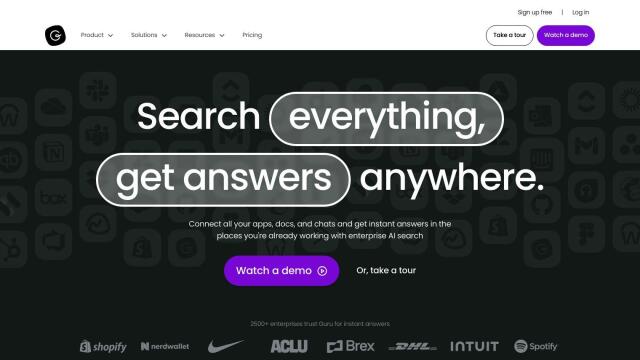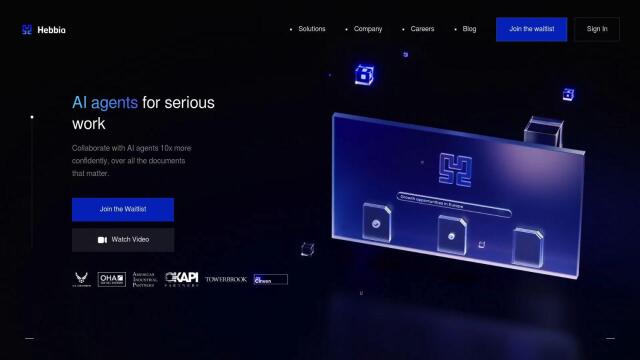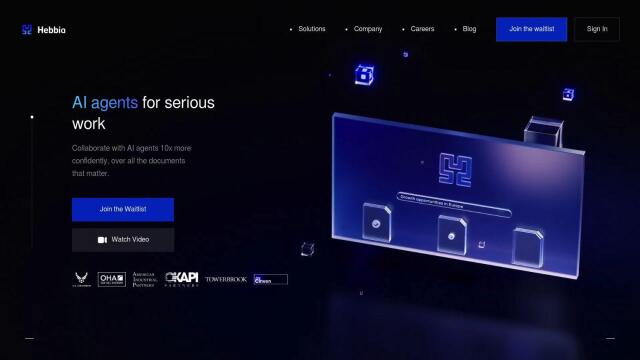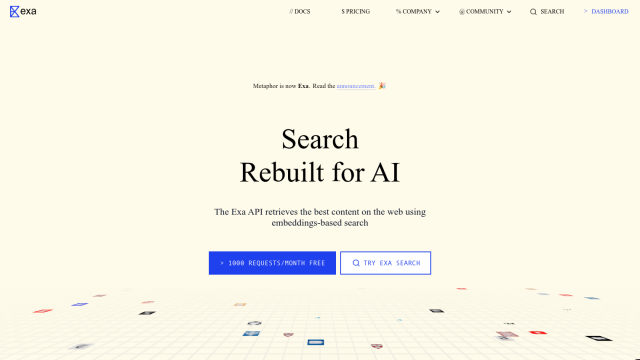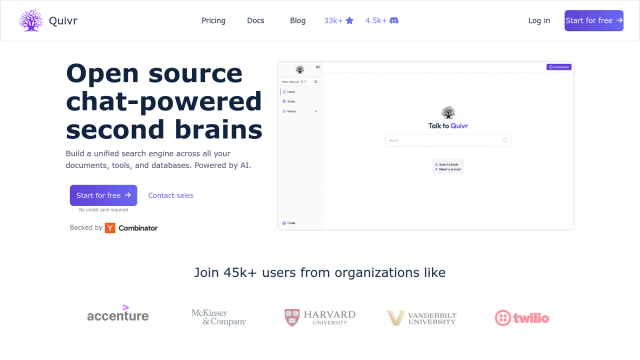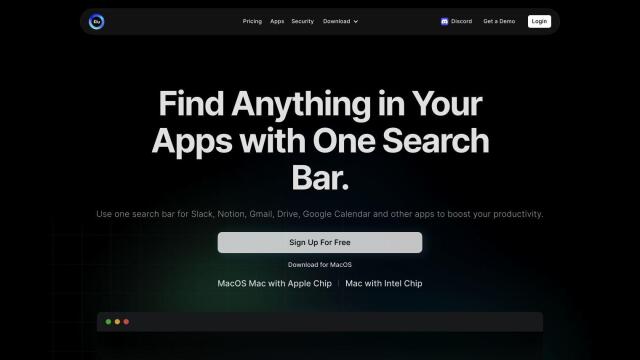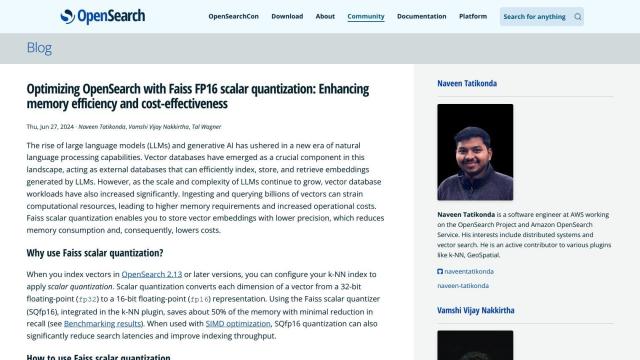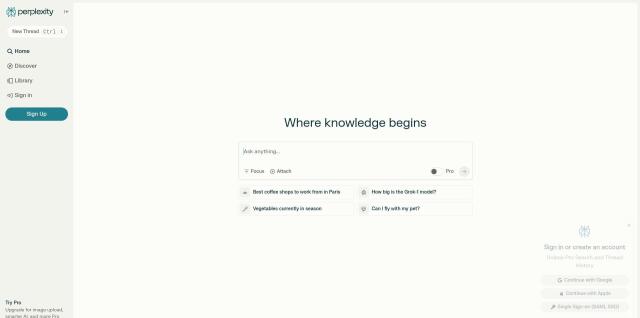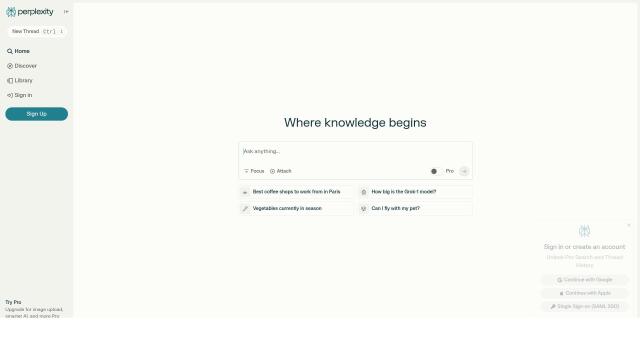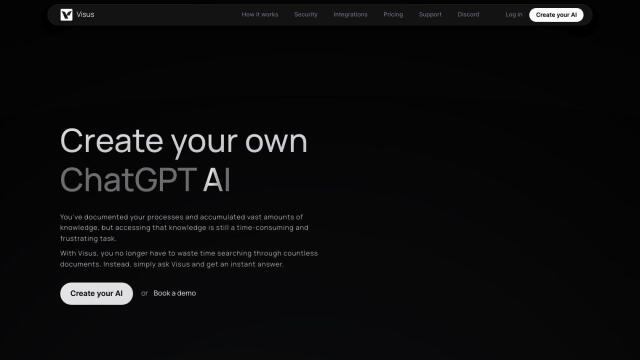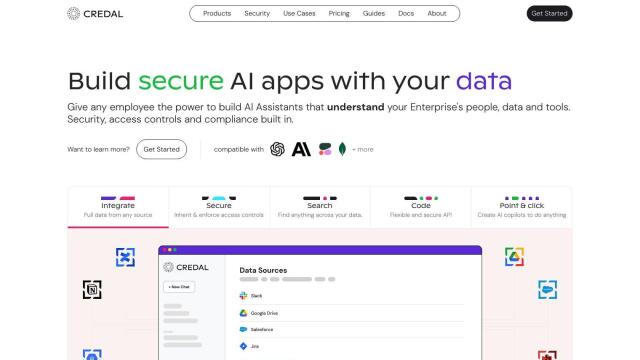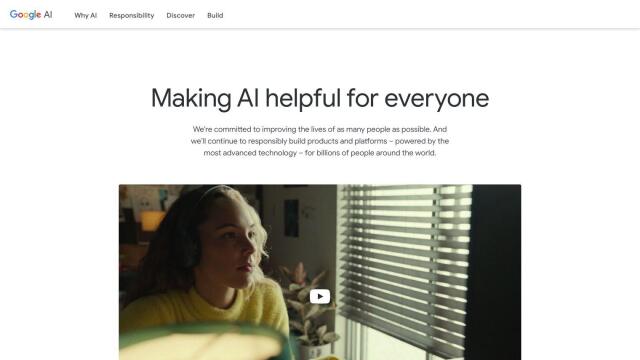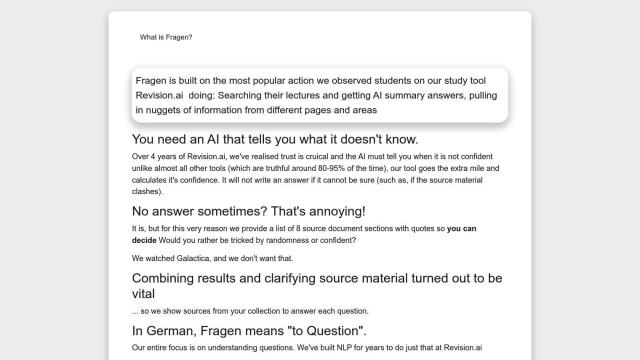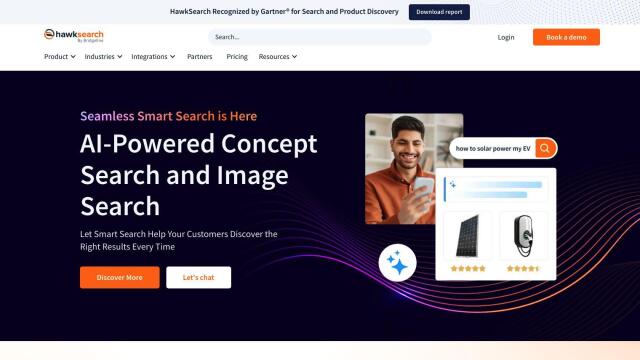Question: Can you recommend a platform that allows for multimodal search, including searching with images or URLs, to find related resources?

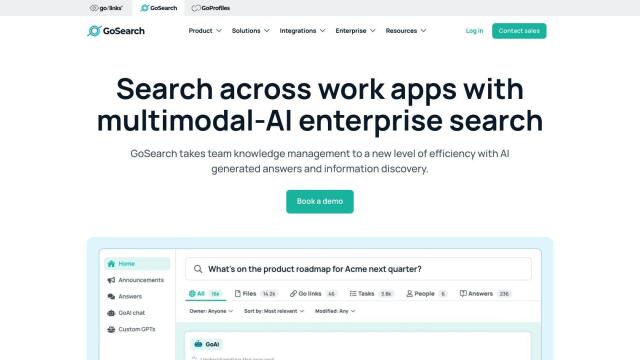
GoSearch
If you're looking for a platform that supports multimodal search, including searching with images or URLs, GoSearch is a good choice. It uses multimodal AI technology to provide immediate answers and information discovery across internal sources, integrating with more than 100 data connectors. The platform is designed for multiple teams and integrates with popular tools like Google Docs, Notion, Jira and Confluence. It includes features like AI-powered recommendations, GoAI chat with personalized suggestions, and security and control features, making it a good fit for enterprise teams.

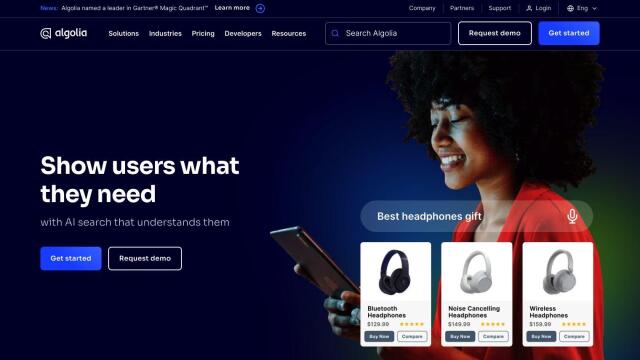
Algolia
Another good option is Algolia, an AI-powered search infrastructure. It offers a range of tools for fast, scalable and easy-to-use search, including the combination of keyword search with vector understanding. Algolia supports dynamic re-ranking based on user behavior and trends, personalization, AI synonyms and merchandising. It can be used in many industries and use cases, including enterprise search, headless commerce, mobile and app search, voice search and image search. Developers can use Algolia through a wealth of documentation, integrations and API clients in many languages and frameworks.

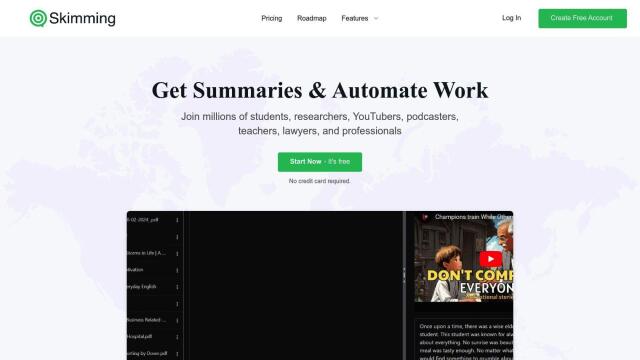
ChatDox
For a more focused approach, ChatDox offers AI-powered information retrieval. You can ask questions of a broad range of documents and multimedia sources, including PDFs, DOCX files, YouTube videos, audio files, video files and websites. It can handle multilingual interaction and offers API integration for custom document reading, so it's good for students, researchers, teachers and professionals who need to quickly find information.

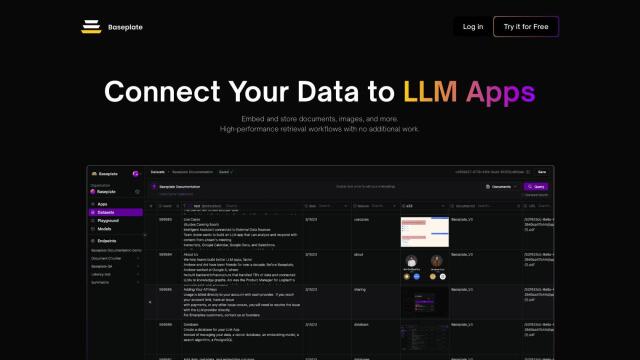
Baseplate
Baseplate is another good option for managing data for LLM use. It combines different data sources into a single hybrid database and handles efficient embedding, storage and version control. The platform offers multimodal LLM response support, including thumbnails, links and sources, through its APIs. Baseplate makes data management easier, letting developers concentrate on building useful AI applications.

